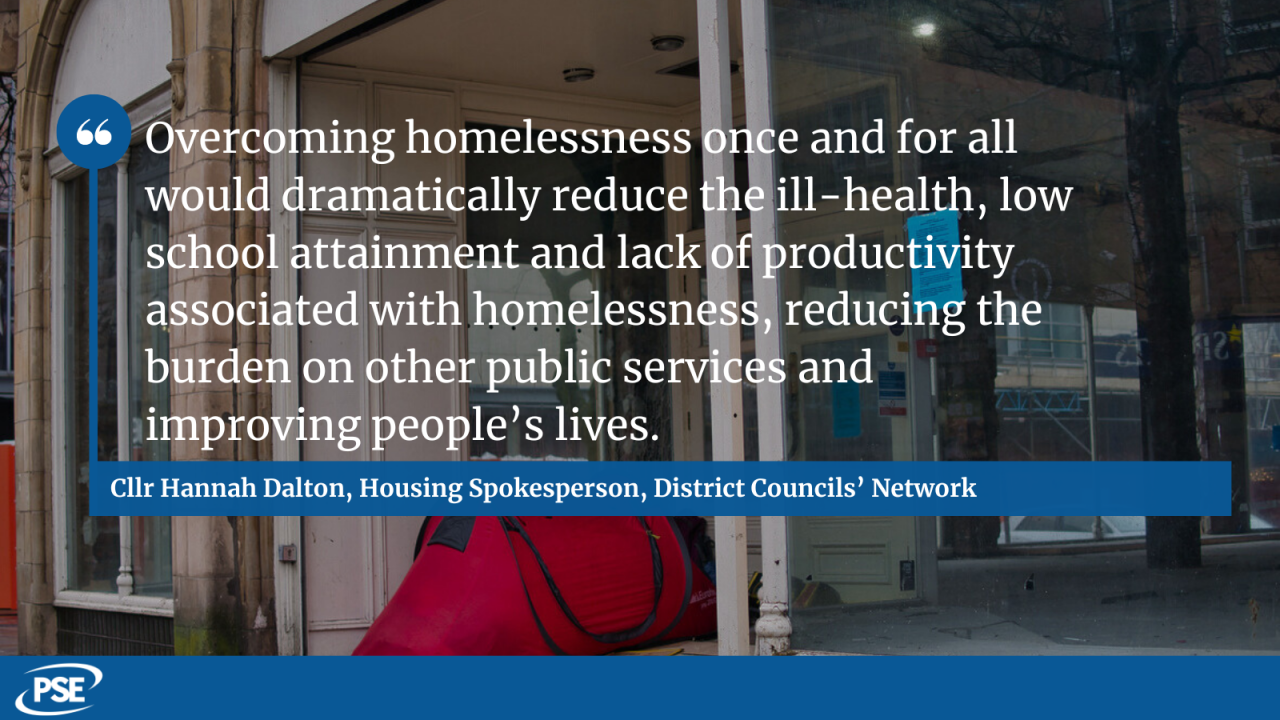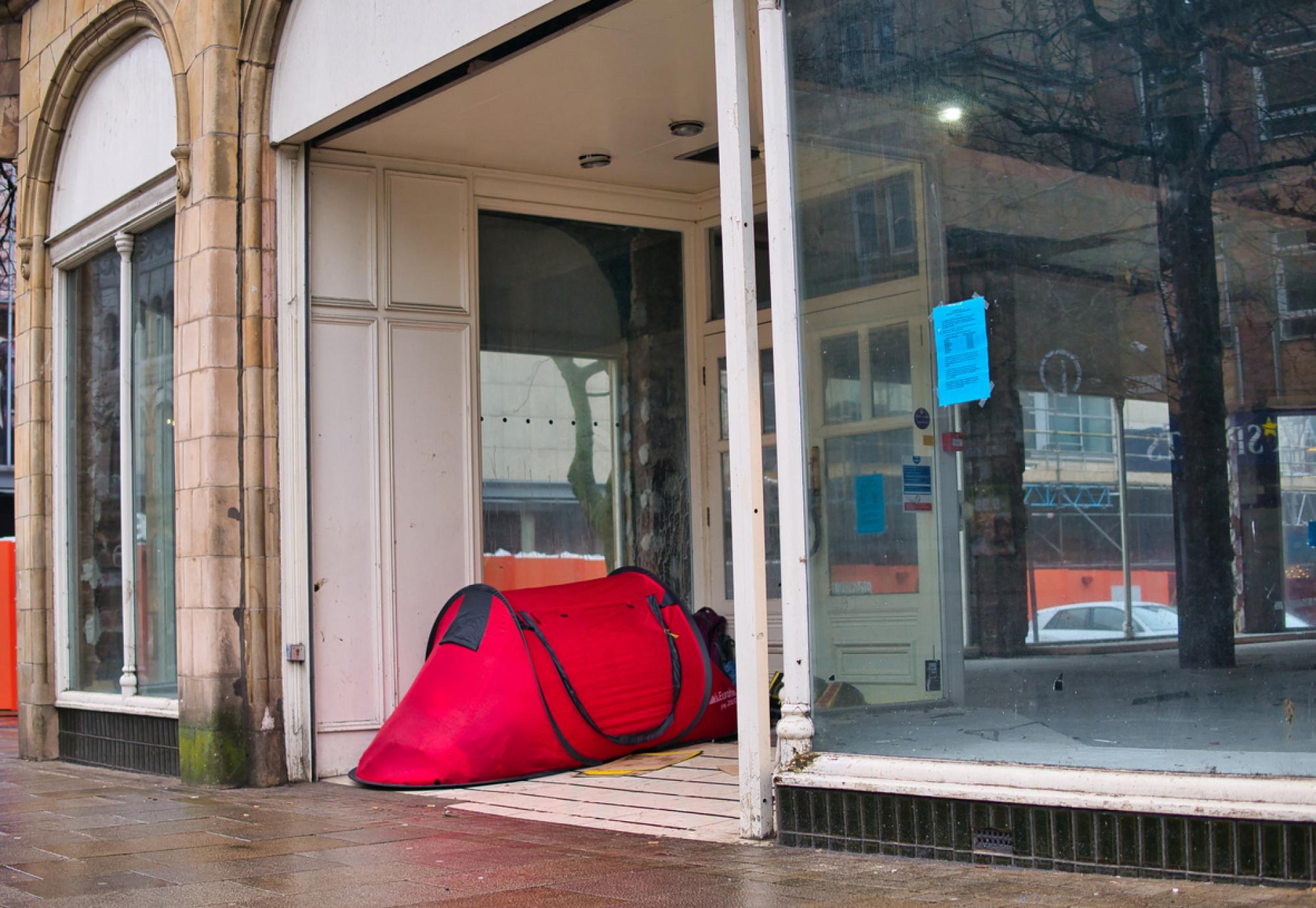Homelessness data released by the Ministry of Housing, Communities and Local Government has revealed that there is now a record number of households living in temporary accommodation.
Through the figures, a 12.3% increase in the number of households that are living in temporary accommodation has been identified over the last year to March. Alongside this, there has been a 14.7% increase in the number of families with children that are living in temporary accommodation, bringing that figure up to 74,530 households.
The Local Government Association’s Housing Spokesperson, Cllr Claire Holland, responded to the publication of the figures, saying:
“The shortage of affordable housing means that more and more people are having to turn to their local council for support and these figures worryingly show councils are supporting another record-high number of households living in temporary accommodation.
“The temporary accommodation subsidy gap, currently stuck at 2011 levels, needs to be urgently addressed as this is driving ever higher-spend on temporary accommodation and limiting the resources available for homelessness prevention. The Government’s ban on ‘no-fault’ evictions, which are driving rising homelessness rates, also needs to be brought forward as quickly as possible.
“Councils want to turn the tide of rising homelessness. A genuine cross-departmental approach to tackling this crisis, as part of a long-term government strategy, is key with councils given the powers and resources needed to address the national shortage of affordable housing.”
The five steps that have been urged are:
- Committing to annually uprating Local Housing Allowance rates to make sure that they keep up with private rents
- Removing the housing benefit subsidy cap to entirely fund councils to provide decent temporary accommodation
- Committing to long-term investment that will deliver 100,000 homes for social rent every year for the next 15 years
- Creating a substantial capital fund that will help councils to quickly build or acquire affordable housing for people at risk of homelessness
- Establishing a Unit for Ending Homelessness, which is supported by leadership from the centre of government, and will lead on developing a comprehensive, cross-departmental strategy to reduce and prevent homelessness.

Demanding action from the government, Cllr Hannah Dalton, Housing Spokesperson at the District Councils’ Network said:
“High use of temporary accommodation is the result of national policy failure which forces councils to expensively deal with the consequences of homelessness rather than prevent it in the first place. We seek extra powers to ensure sufficient affordable, good quality, secure homes are built in the first place, so we’re no longer reliant on often low-quality, high-cost temporary accommodation.
“Temporary accommodation prevents people from putting roots down in their community and it leads to the disruption of education as children end up moving from school to school. It’s also financially crippling councils, taking up to 30% of some districts’ budgets and using up money we’d far rather spend on supporting people to avoid homelessness.
“Councils are not receiving the funding they need to cover temporary accommodation costs – we urge ministers to unfreeze the Housing Benefit subsidy cap so it reflects the cost of providing accommodation today. However, our focus needs to be on finding longer-term solutions.
“We need action to lift the barriers which prevent councils from building and retaining council housing, and which thwart us from ensuring that homes affordable for everyone in our community are built.
“Overcoming homelessness once and for all would dramatically reduce the ill-health, low school attainment and lack of productivity associated with homelessness, reducing the burden on other public services and improving people’s lives.”
Image credit: iStock



















